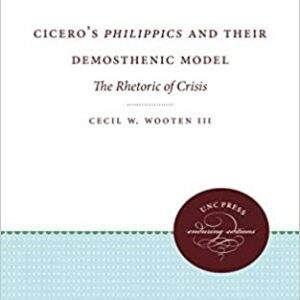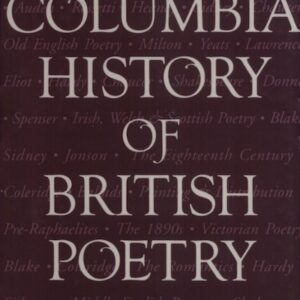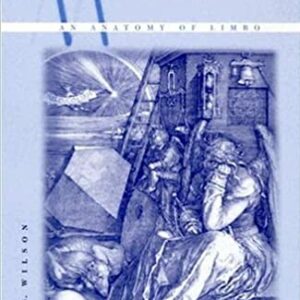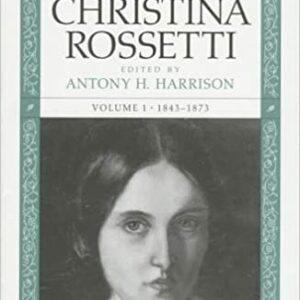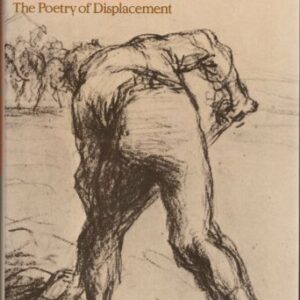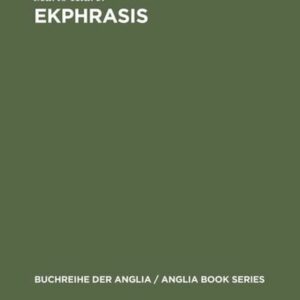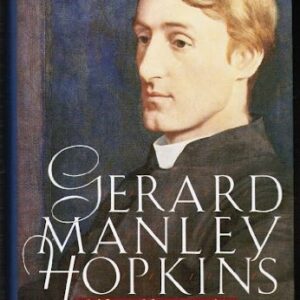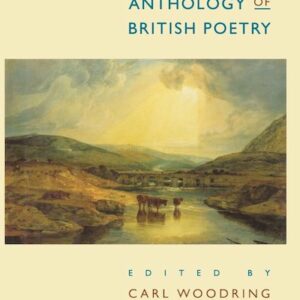
The Columbia Anthology of British Poetry
Edited by Carl Woodring (NHC Fellow, 1987–88) and James Shapiro A sweeping compendium of British verse from Old and Middle English to the present, including the best work of poets from every corner of the British Isles, The Columbia Anthology of British Poetry offers the most up-to-date and comprehensive single volume available. Carl Woodring and James Shapiro, … Continued
